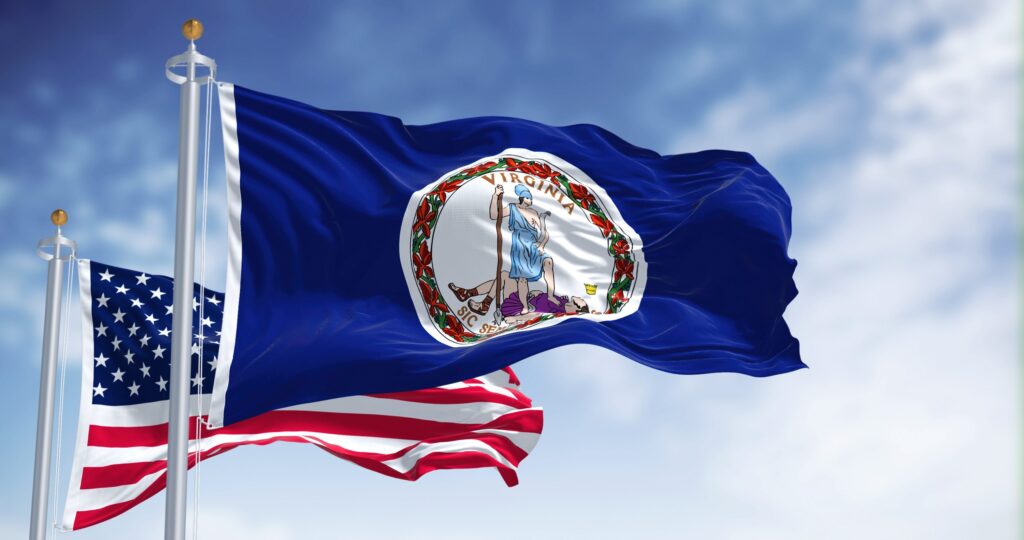Restraining the president: Congress and trade policy
Authors
Key Points
Press Release
Introduction
The first sentence of Article 1, Section 8 of the United States Constitution gives Congress the power to “lay and collect taxes, duties, imposts and excises.” Controlling the terms of international trade is therefore unambiguously Congress’s responsibility. Today, however, by its own design and through the actions of many decades, the legislative branch has made itself a marginal player in trade—a body that complains about the president’s actions without actually making any effort to override them, as is their constitutional right.
Since the 1930s, Congress has delegated much of its Article 1 authority over trade policy to the executive branch. The assumption has been that Congress is too prone to geographical parochialism and too easily captured by rent-seeking lobbies that benefit from protectionism, while the executive branch takes a more holistic view of the economy. For roughly 90 years, then, the prevailing balance of power produced a bipartisan policy trajectory in favor of broad trade liberalization.
Read the full study here.











